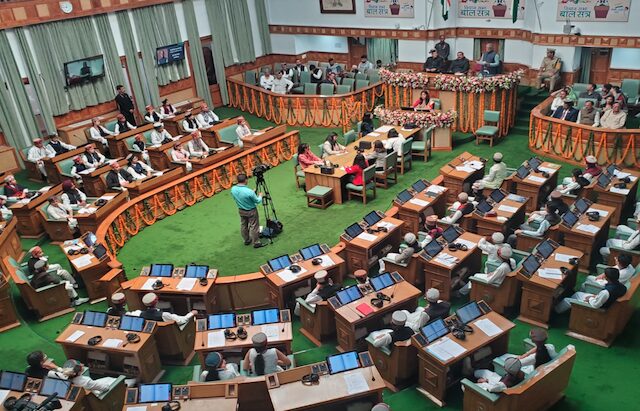Recent decisions by the Himachal Pradesh government to reduce subsidies and phase out certain free services have sparked widespread criticism. While the government argues that these cuts are necessary for fiscal responsibility, questions are being raised about why similar reductions have not been applied to the perks and privileges enjoyed by politicians.
The latest government order introduces charges for drinking water, following the removal of electricity subsidies, an increase in power tariffs, and the discontinuation of free travel on government buses. These changes have prompted speculation about what other public benefits might be curtailed in the near future.
The decision to charge Rs. 100 for drinking water has divided opinion. While many see it as a reasonable step to curb water wastage, others argue that the poorest households should be exempt. Some have proposed installing water meters in all homes, allowing free water up to a certain limit, with charges imposed on excessive use. This system, they suggest, would promote responsible water consumption, especially in cities where affluent citizens often hoard water while poorer residents struggle to meet basic needs. Furthermore, stricter penalties have been advocated for those using drinking water for construction works or vehicle washing.
On the electricity front, many argue that eliminating subsidies is unnecessary in Himachal Pradesh, a state rich in power generation. The recent hike in electricity rates has been criticized as unfair; with citizens pointing out that the state’s natural resources should benefit residents rather than drive up their costs.
Adding fuel to the fire is the fact that, while public subsidies are being slashed, the substantial perks enjoyed by politicians remain untouched. The Rs. 15,000 monthly telephone allowance given to MLAs is widely seen as excessive, as is the Rs. 90,000 travel allowance for visiting their own constituencies. Critics argue that such privileges are unjustified and should be among the first expenses to be reconsidered.
The issue of unnecessary political appointments, including chairperson positions, has also been brought into question. Many believe cutting these symbolic expenses would demonstrate the government’s commitment to fiscal responsibility and set a positive example for the public.
On a broader social level, there are calls for the government to do more for vulnerable groups such as senior citizens and single mothers. With many elderly individuals living without the support of their children, who have migrated to other states in search of work due to a lack of local job opportunities, there is a growing demand for better financial and physical protection for these communities. Additionally, senior pensioners have reported delays in receiving their pensions, further exacerbating their difficulties.
While fiscal savings are essential, critics warn that the burden should not fall solely on the shoulders of ordinary citizens. If politicians continue to enjoy perks while the public bears the brunt of austerity measures, there is a risk of growing unrest. The public’s frustration may reach a tipping point, and their response could be unpredictable.
To maintain public trust, the government must ensure that sacrifices are shared equally across all levels. Only then can a fair and balanced approach to cost-cutting measures be implemented, ensuring that the public feels their interests are being protected along with the state’s fiscal health.

Arvind Sharma is an award winning bi-lingual journalist with more than 20 years of experience.
He has worked with Divya Himachal, Dainik Jagran, Dainik Bhasker, Vir Partap, Ajit and PTI.
In 2010, he was conferred the Himachal Kesri journalism award. He reports on the Tibetan Government in Exile, politics, sports, tourism and other topics. He lives in Dharamshala.



